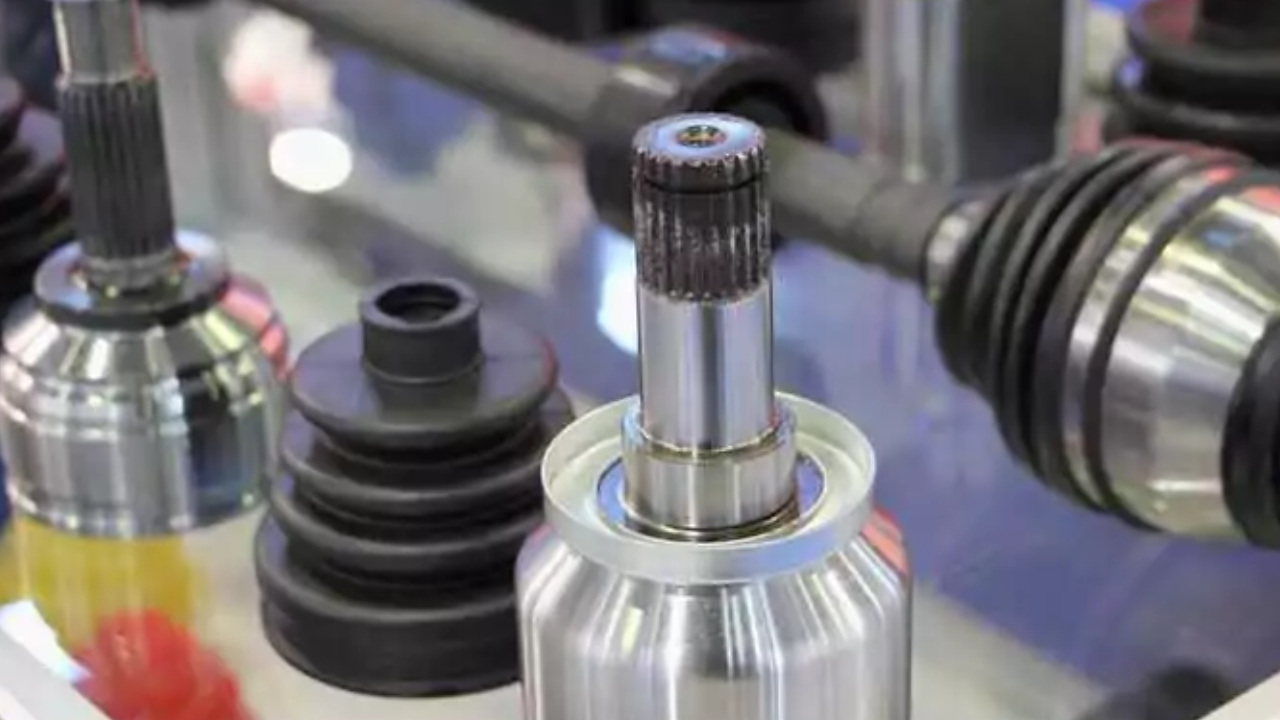Custom steel forging is a production system where steel is heated and shaped into unique, regularly complicated, bureaucracy using excessive-pressure equipment. This method ensures advanced energy, durability, and structural integrity as compared to standard casting or machining.
Custom forging permits the creation of bespoke parts tailored to particular specs, making it ideal for industries requiring excessive overall performance additives, which include aerospace, automotive, and heavy equipment. The method involves designing custom dies, deciding on suitable metal grades, and using controlled thermal remedies to enhance material properties custom steel forging is valued for its potential to produce high-quality, resilient components with remarkable grain waft, uniformity, and resistance to fatigue and wear.
Role of Heat Treatment in Custom Steel Forging
Warmth treatment is a critical system in custom steel forging that complements the mechanical properties of the steel, making it suitable for unique applications. Here are the important roles that heat treatment perform
Hardening
Hardening is a heat treatment technique critical in custom steel forging, enhancing steel hardness and durability. It entails heating the steel above its critical temperature and then swiftly cooling it, typically with the aid of quenching in water, oil, or air. The steel's microstructure changes as a result of this quick cooling, making it suitable for programs that require put-on resistance and strength, such as reducing gears and some mechanical components.
Annealing
In custom steel production, strengthening is a significant heat treatment that includes warming the steel to a specific temperature and gradually cooling it to diminish interior burdens and make it more straightforward to machine. This way, the steel melts, simplifies its work, and brings down the peril of breaking or contortion. Annealing is important for refining the microstructure of steel, enhancing its ductility and longevity, and preparing it for subsequent shaping or completing operations in manufacturing procedures.
Tempering
Tempering is a critical warmth treatment step in custom steel forging, achieved after hardening to balance hardness and durability. Steel is heated to a temperature underneath its essential factor after which cooled gradually. This procedure reduces brittleness resulting from hardening, improving durability and ductility at the same time as retaining a preferred degree of hardness. Tempering ensures the steel keeps sufficient energy for its intended utility, along with equipment, automotive components, and equipment additives requiring an aggregate of hardness and longevity.
Stress Relief
Stress relief is critical in custom steel forging to relieve residual stresses which can affect the material's stability and overall performance. It involves heating the steel to a specific temperature underneath its transformation range and retaining it there before gradual cooling. This technique enables lessening inner stresses due to machining or forging, minimizing the hazard of dimensional distortion, cracking, or failure all through the provider. Stress relief complements the overall reliability and sturdiness of solid steel additives in diverse business programs.
Enhancing Mechanical Properties
Heat treatment significantly enhances steel mechanical properties in custom forging. Approaches like hardening increase hardness for put-on resistance, whilst tempering balances hardness with durability for sturdiness. Annealing improves machinability and decreases internal stresses, enhancing workability. These remedies refine microstructures, optimizing power, ductility, and resilience for specific applications. Controlled cooling rates throughout forging ensure favored properties, making warmness treatment pivotal in tailoring steel traits to meet performance necessities in industries like automotive, aerospace, and machinery manufacturing
Controlled Cooling Rates
Controlled cooling rates in custom steel forging play a vital role in achieving desired microstructures and mechanical properties. This entails cautiously managing the cooling cost after heating steel to particular temperatures through forging or heat treatment. With the aid of controlling cooling speeds using quenching strategies like water, oil, or air, producers can tailor steel properties which include hardness, longevity, and dimensional stability. This precision ensures the steel meets stringent overall performance criteria for various programs across industries like production, energy, and automotive.
Conclusion
Heat treatment is imperative in custom steel forging, enhancing steel properties like hardness, durability, and dimensional stability. Tactics along with hardening, tempering, and annealing, optimize steel for unique applications and ensure reliability and performance in industries starting from manufacturing to infrastructure. Controlled cooling rates further refine these properties, making heat treatment a cornerstone of modern metallurgy.


